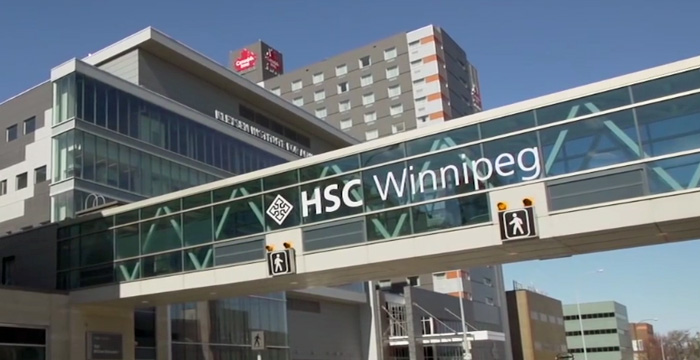One of the largest and most significant initiatives in Manitoba’s health system, a master capital plan, will be developed for Health Sciences Centre (HSC) Winnipeg’s campus. The plan will ensure clinical services and partner organizations are well aligned throughout the site’s future development.
“HSC is Manitoba’s hospital and is the province’s tertiary centre for trauma, transplants, burns, neurosciences, complex cancer care, and delivers the most specialized care for adults and children,” said Health, Seniors and Active Living Minister Cameron Friesen.
The master plan will include an inventory of campus facilities and clinical services, and will consider what shifts in the location of specific clinical services will support the site’s ability to meet both current and future population needs.
“Our government is making significant capital investments at HSC including the new Ambulatory Care Clinic, the opening of Women’s Hospital, the Acute Stroke Unit and the Mental Health Crisis Response Centre. Therefore, it is essential to have the comprehensive view of the development of the campus,” said Friesen.
Partner organizations across the HSC campus along with the Health Sciences Centre Foundation, CancerCare Manitoba Foundation and Children’s Hospital Foundation will be consulted as part of the process to ensure the long-term capital needs of all stakeholders including Cadham Provincial Laboratory, CancerCare Manitoba and the University of Manitoba are considered in the development of the overall plan, Friesen added.
The HSC campus encompasses 39 acres of land with more than four million square feet of occupied space. Its boundaries are Notre Dame Avenue to the south, Sherbrook Street to the east, William Avenue to the north and Tecumseh Street to the west.
“Any campus redevelopment must take into account the priorities and population health needs of Manitobans,” said Dr. Brock Wright, president and CEO, Shared Health. “A longer-term approach to the clinical services we provide and the physical infrastructure we share with our partners will ensure that we are able to meet the needs of Manitoba patients, both today and into the future.”
The minister noted this will be the first in a series of master planning efforts for the health-care system and aligns with the work of the provincial clinical plan.
“Unlike the former government, we recognize the importance of thoughtful, long-term planning, particularly in health care,” said Friesen. “These reviews will look at changes in health-care delivery models to ensure we are working together as a province to provide better health care sooner for all Manitobans.”




